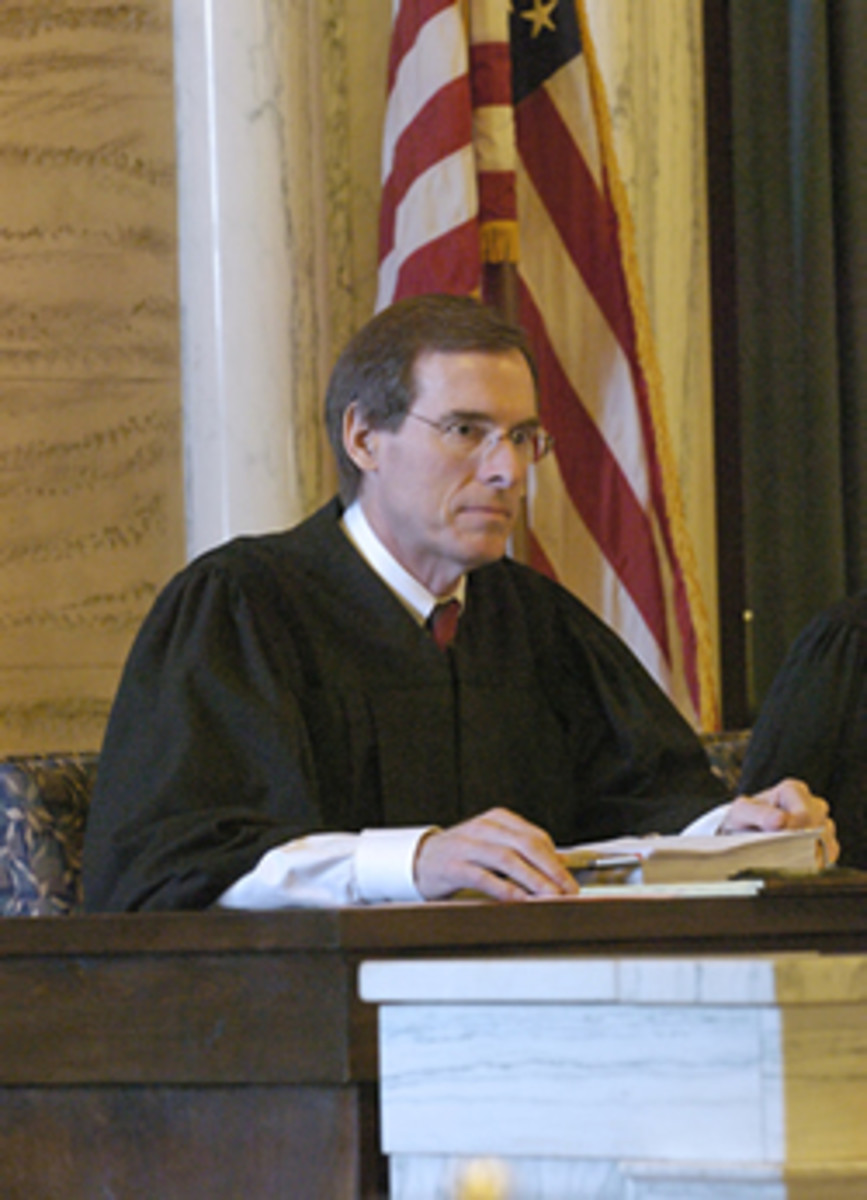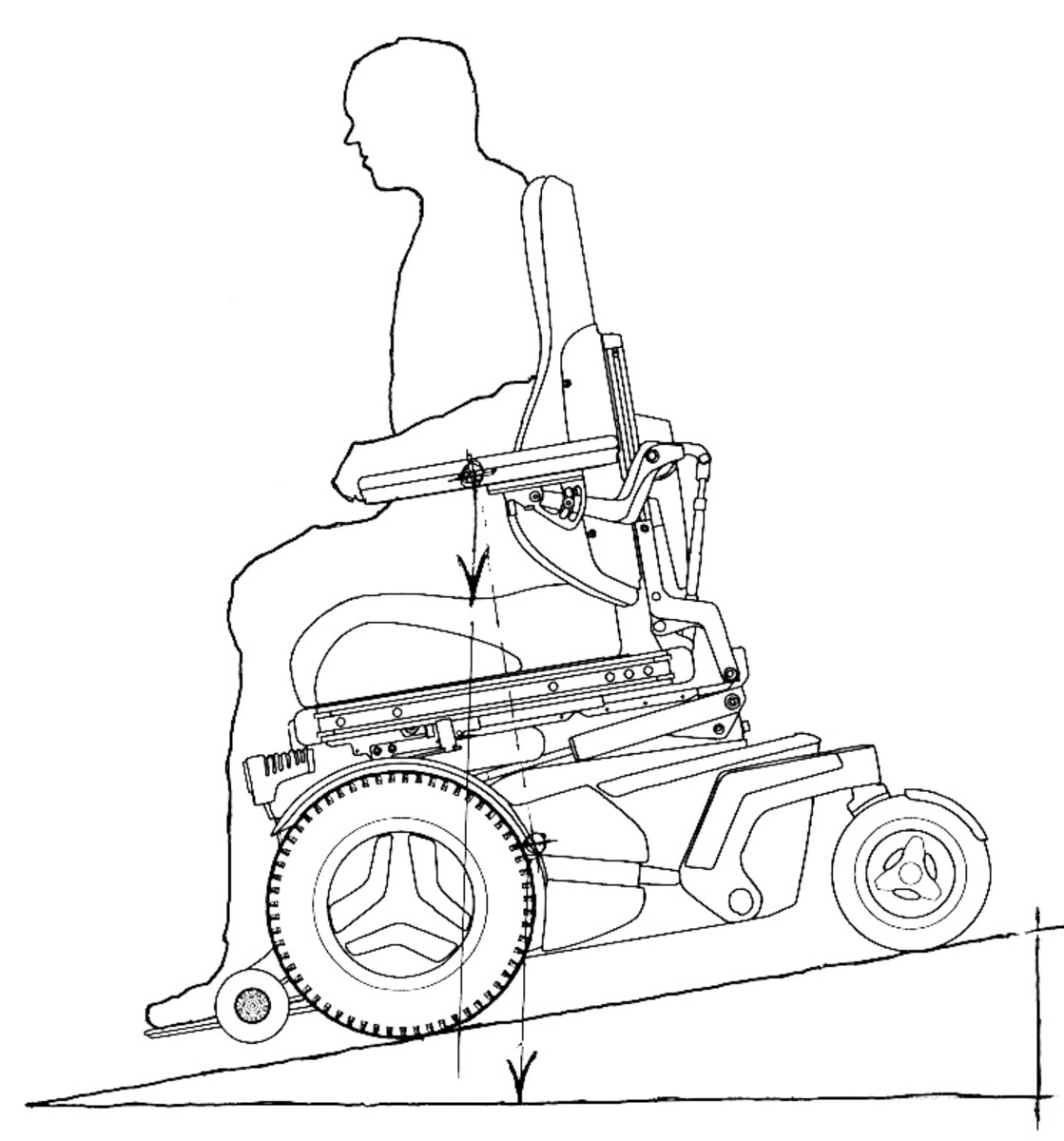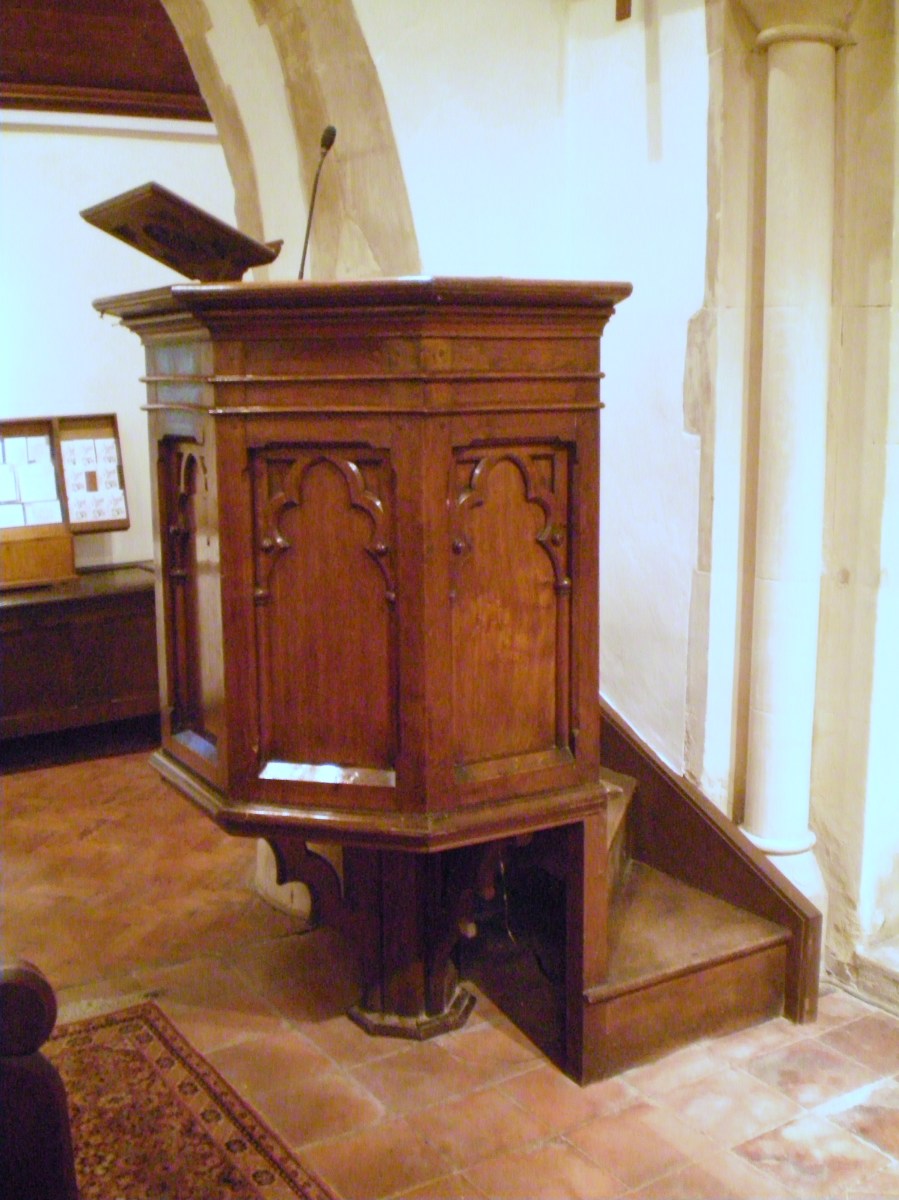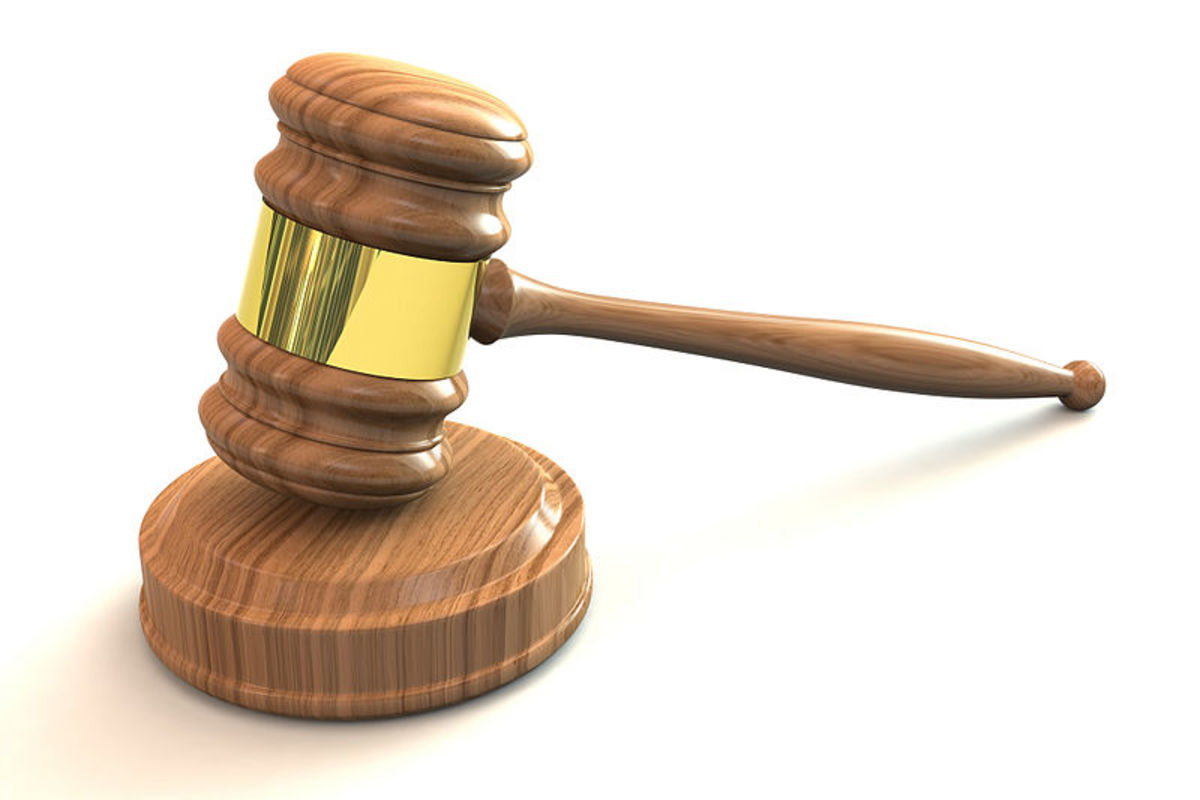Architectural Expert Witness
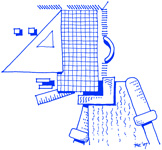
In today’s society, there is a growing need for Architectural Expert Witnesses. What are they? And how do they serve the courts and the public? Come along, as this architect and expert witness provides some answers.
No one today would doubt the speed at which the complexity and sophistication of society are increasing. Each day brings ever more complex issues to the fore, leading to protracted discussion and debate among the global citizenry, and forcing all of us to continually learn more about our complicated world, simply to cope and survive.
It is no different in the fields of design, architecture and construction. There we grapple with concerns — such as asbestos, handicapped accessibility, mold generation, recyclability, off-gassing of toxic compounds, and earthquake resistance, to name but a few — that were likely unknown or unconsidered by generations past. And, as such concerns are raised, so too are questions of their impact on humans, and whether anyone should be legally or morally held accountable for any such impact.
In reaction, the development of industry standards, ‘best practices’ and regulations governing design and construction has continually increased. Architects are required to earn, hold and maintain licenses to practice — licenses that certify their qualification to perform adequately in today’s milieu. Contractors must quite often be often licensed by local authorities, to insure minimum skills and knowledge. At the Federal, state and local levels, building codes and ordinances proliferate, to properly protect the public’s health, safety and welfare. Industry organizations establish standards of care, performance and quality to meet evolving societal needs. And the legal machinery of the nation — including courts, counsel and case law — processes each matter, seeking equity and justice under the law. But, in matters potentially so broad, so varied, and so sophisticated in nuance and complexity, the courts must be assisted by experts able to parse the fine details. This is where architectural expert witnesses can assist.
Much like a coroner or a ballistics expert or a forensic accountant, an architectural expert witness serves the court and the case by providing expert opinions and testimony on very specific and detailed items of architectural or construction import. Whether the item in question is the slipperiness of a surface, the height of a guardrail, the adequacy of a certain level of illumination or the wording of a construction contract, an architectural expert witness can often shed strong light on otherwise gray areas. He can often guide the court through the thicket of architectural and construction minutiae.
Typically, an architectural expert witness is enlisted by one or more parties to a legal claim that develops from some perceived lapse in design, architecture or construction. Perhaps a bereaved family is suing over a construction-site death during a structural collapse. An elderly patron may be suing a restaurant over injuries sustained on a questionable ramp or staircase. A real estate developer may claim architectural negligence or malpractice over perceived errors and omissions in design documents for a mixed-use project. Homeowners may file a class action over mold generation. In each such instance, either the complaining party or the defending party, or both (or, quite often, even third or fourth parties), may enlist their own architectural expert witness to interpret the intricacies and subtleties of the matter at hand. Some cases turn on the duel of competing expert witnesses.
Since the findings and opinions of architectural expert witnesses can greatly affect the progress of a case, and may become crucial to its eventual outcome, those expert witnesses must first be recognized by the court of jurisdiction as having sufficient qualifications — of, in fact, being experts in their field(s). Those qualifications typically include suitable education, training, licensure, and pertinent experience. It is also most helpful if the architectural expert witness has some degree of experience with the specific issues central to the case.
Beyond any particular findings or opinions he or she might formulate, an architectural expert witness can also provide valuable assistance to counsel. Such matters as the development of case strategy, areas of potential research and discovery, pertinence of specific codes or ordinances, and the deposition of those involved in the case can often be enriched and improved via the input of an architectural expert witness.
The findings and opinions of architectural expert witnesses become part of the case documentation and progress. They provide fodder for the debate and argument of counsel, and become part of the trial record, and perhaps evolving case law as well. The job of the architectural expert witness is — simply put — to research, understand, analyze, translate and communicate matters of design, architecture and construction, in the interests of equity, justice and societal good.
- Personal Injury: Walks, Ramps, Stairs and Steps
How safe is your facility? Annually there are a million personal injury slip/trip/fall incidents and thousands of fatalities across the U.S., many of them involving walks, ramps, stairs and steps. We are all susceptible to falls involving ramps,... - Using an Architect
Perhaps you recognize the name of Frank Lloyd Wright, one of Americas greatest architects of the past. - Buying Your 1st House: Watch Your Step(s)
One of the best ways in which you can protect yourself and your family as you buy your first house is to simply watch your step(s). Steps and stairs can be either one of the greatest assets or one of the most severe detriments of a home. Annually... - Buying Your 1st House: Structural Concerns
Straight, plumb and true? Perhaps nothing in a first home purchase is as intimidating as the thought of any structural problems or damage. Here are some things you should watch for: Visually examine the lines of your prospective new home for... - Buying Your 1st House: Red Flags
Finding your ideal first house? Whether your first house will be a newly-constructed home or one that has had a previous owner, there are certain red flags you can look for, to protect yourself, your family and your investment. Avoid or be very... - Buying Your 1st House: More Red Flags
Relax and enjoy your first house As you look to acquire your first new or previously-owned house, there are many red flags to watch out for. Here are but a few that you might encounter before you even enter the house: Get the lay of the land;... - How to Draw (Sketch)
There are those who feel they can't draw a straight line to save their lives. Others think they have no talent for art at all. - Create an Architectural Rendering
Come create this rendering along with me!

